The IEA director assessed that Europe has reduced its dependence on Russian oil and gas and prevented an energy crisis, but has not completely escaped difficulties.
"Europe has reformed its energy market, reducing the share of Russian gas in the economy to below 4% without falling into recession. Gas reserves are also at an appropriate level," said International Energy Agency (IEA) Director Fatih Birol in an interview with CNBC.
Russia plays an important role in the world energy structure. However, since the conflict in Ukraine, Western countries have gradually reduced their dependence on this country's oil and gas.
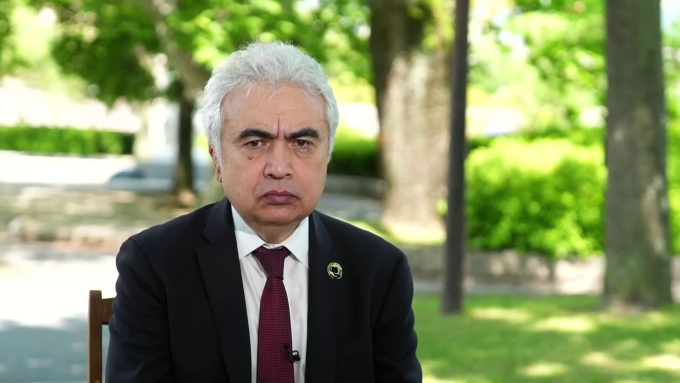
IEA Director Fatih Birol in an interview with CNBC. Photo: CNBC
“Europe did very well last winter,” the IEA chief said. An energy crisis was avoided, in part thanks to warmer-than-expected weather.
However, Birol said the European energy market still has three major hurdles to overcome this year.
Demand from China increases
Last year, global energy supplies were plentiful, as China remained locked down and bought less oil and gas. But this year, things have changed. Europe could face a harsher winter.
China's demand for liquefied natural gas (LNG) is expected to accelerate in the second half of the year. Birol said the country's gas imports are "the deciding factor" for demand in the natural gas market.
China ended its Zero Covid policy in December 2022, causing energy demand to skyrocket. In its latest report, the IEA said global oil demand will increase by more than 2 million barrels a day this year. Birol said he would not be surprised if China – the world’s second-largest oil importer after the United States – accounted for nearly 60% of that increase.
America is bankrupt
Global markets are closely watching developments in negotiations to raise the US debt ceiling. If the US Congress fails to reach an agreement, the US could default on its debt as early as June.
Negotiations were halted last week as US President Joe Biden attended the G7 Summit. However, he returned to the US on May 21. In a press conference last week, he affirmed that he was "not worried about the negotiations" and that "the US will avoid default".
Birol warned that a default by the world's largest economy could send oil demand and prices soaring. However, he acknowledged that such a scenario was unlikely. "I can't give you an exact number. But the drop in prices would be huge if the US actually defaulted. I think the US will be able to handle it. But of course, the market must always be prepared for risks," he said.
WTI and Brent crude oil prices are currently down 0.6% and 0.2% respectively. Brent is selling for $75 per barrel, while WTI is selling for $71.
Dependent on Russian energy
Another big challenge for Europe is that it has not completely ended its dependence on Russian gas. The supply outlook remains uncertain. Many countries in the region were pushed to the brink of an energy crisis last year when Russian gas supplies plummeted.
Gas exports from Russia’s Gazprom to Switzerland and the EU fell by 55% last year, the company said in January. Birol stressed that if gas imports continue to fall, Europe could face another challenge next winter.
However, he also said that the G7 and European countries will not return to negotiations with Russia. And the purchase of Russian gas "will end".
Ha Thu (according to CNBC)
Source link


![[Photo] “Moving forward with Vietnam” on the most romantic road in Vietnam](https://vphoto.vietnam.vn/thumb/1200x675/vietnam/resource/IMAGE/2025/8/16/0ee500bc59fd4468863261ee26f47fe7)



















![[Photo] Prime Minister Pham Minh Chinh talks on the phone with Cambodian Prime Minister Hun Manet](https://vphoto.vietnam.vn/thumb/1200x675/vietnam/resource/IMAGE/2025/8/15/72d3838db8154bafabdadc0a5165677f)
![[Photo] Prime Minister Pham Minh Chinh attends a special art program called "Hanoi - From the historic autumn of 1945"](https://vphoto.vietnam.vn/thumb/1200x675/vietnam/resource/IMAGE/2025/8/15/c1c42655275c40d1be461fee0fd132f3)

![[Photo] Red and yellow stars at the launching ceremony of the program "Moving Forward with Vietnam"](https://vphoto.vietnam.vn/thumb/1200x675/vietnam/resource/IMAGE/2025/8/16/076df6ed0eb345cfa3d1cd1d7591a66f)
![[Photo] The special solidarity relationship between Vietnam and Cuba](https://vphoto.vietnam.vn/thumb/1200x675/vietnam/resource/IMAGE/2025/8/15/5f06c789ab1647c384ccb78b222ad18e)

![[Photo] National Assembly Chairman Tran Thanh Man attends the inauguration ceremony of President Ton Duc Thang Memorial House](https://vphoto.vietnam.vn/thumb/1200x675/vietnam/resource/IMAGE/2025/8/16/23555950872d428a8708a1e2f94cbf59)
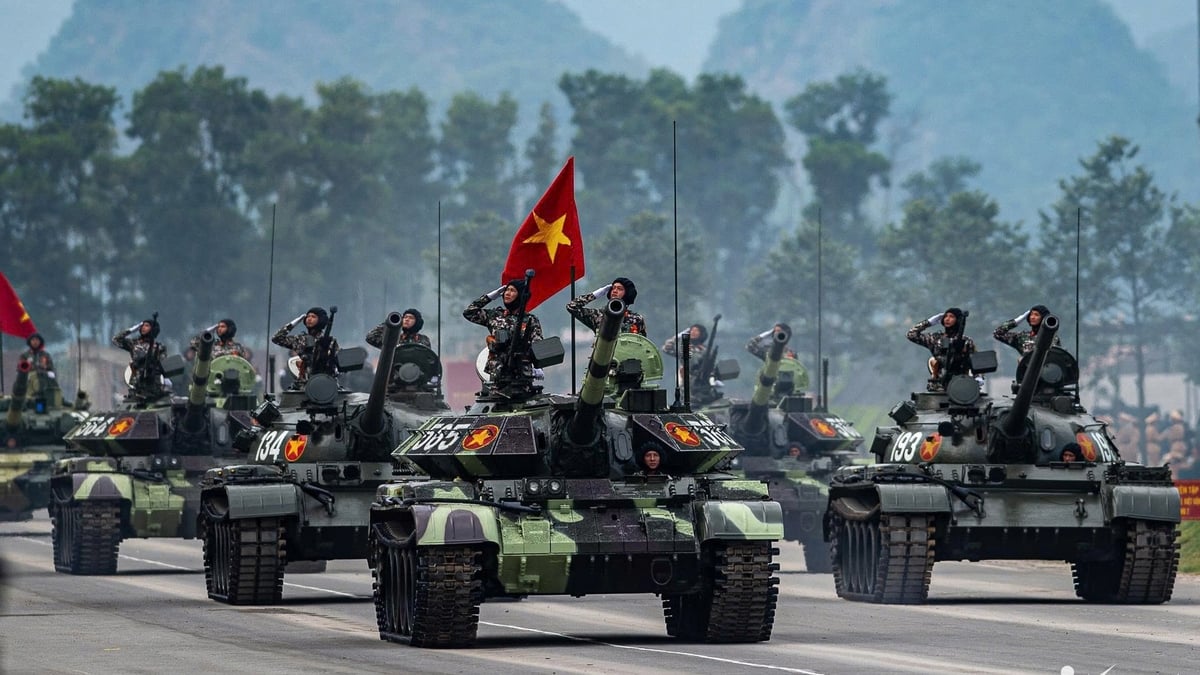
![[Photo] Firmly marching under the military flag: Ready for the big festival](https://vphoto.vietnam.vn/thumb/1200x675/vietnam/resource/IMAGE/2025/8/15/86df2fb3199343e0b16b178d53f841ec)































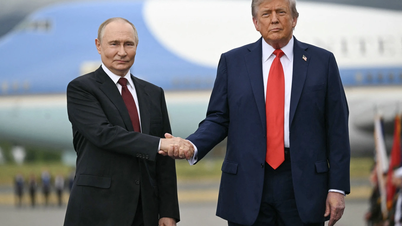





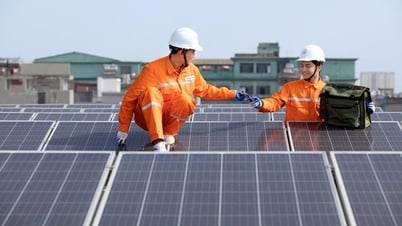




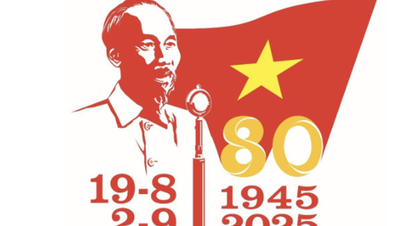

























Comment (0)